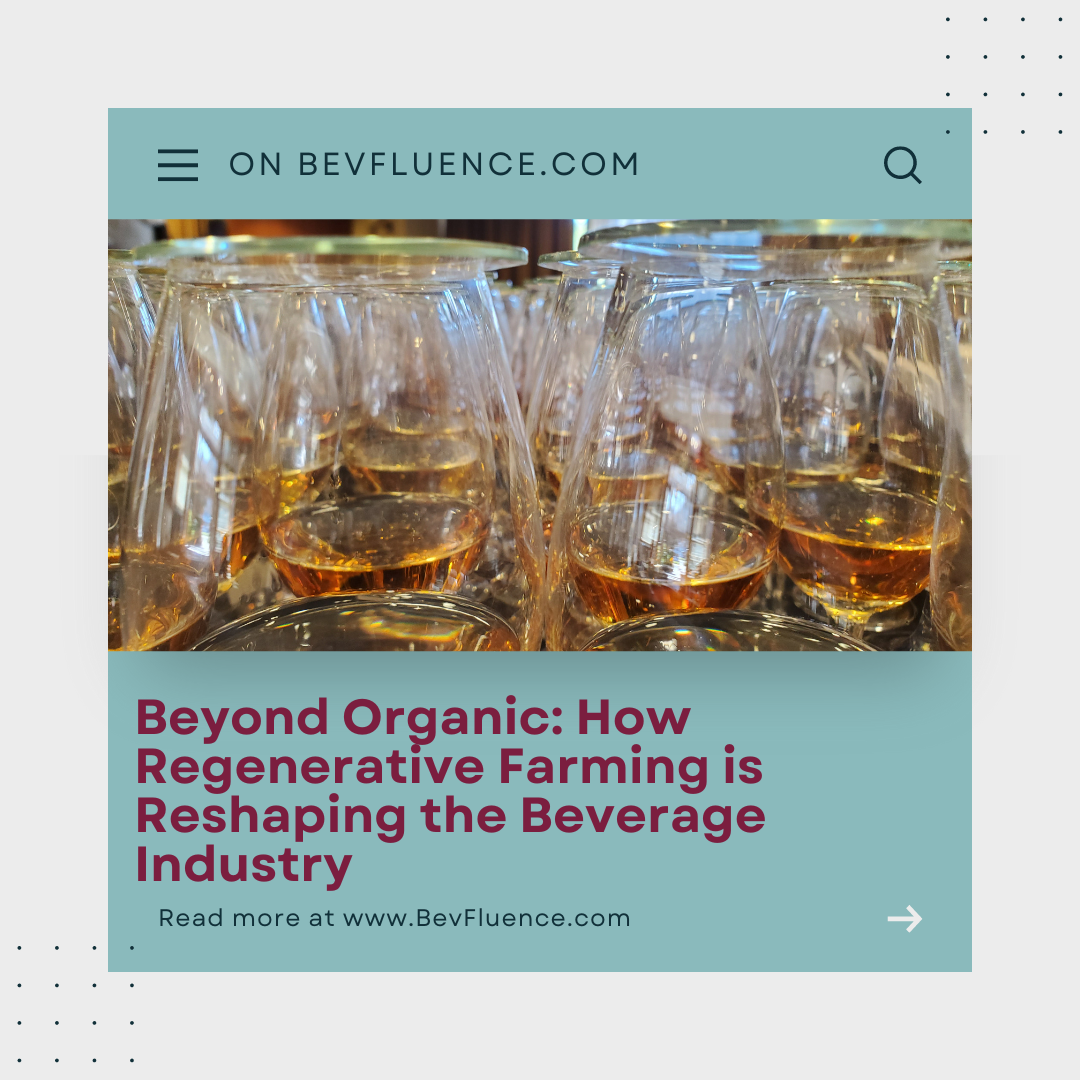
The beverage industry, from coffee to craft beer, relies heavily on the health of our agricultural ecosystems. A movement is underway to return the soil to its greatness and give back to the earth. Conventional farming practices can deplete soil health, reduce biodiversity, and contribute to climate change. Much of the beverage industry suffers from these conditions, and the consumer suffers. Enter regenerative farming: a holistic approach to agriculture that prioritizes restoring and enhancing the land. The Regenerative Revolution:
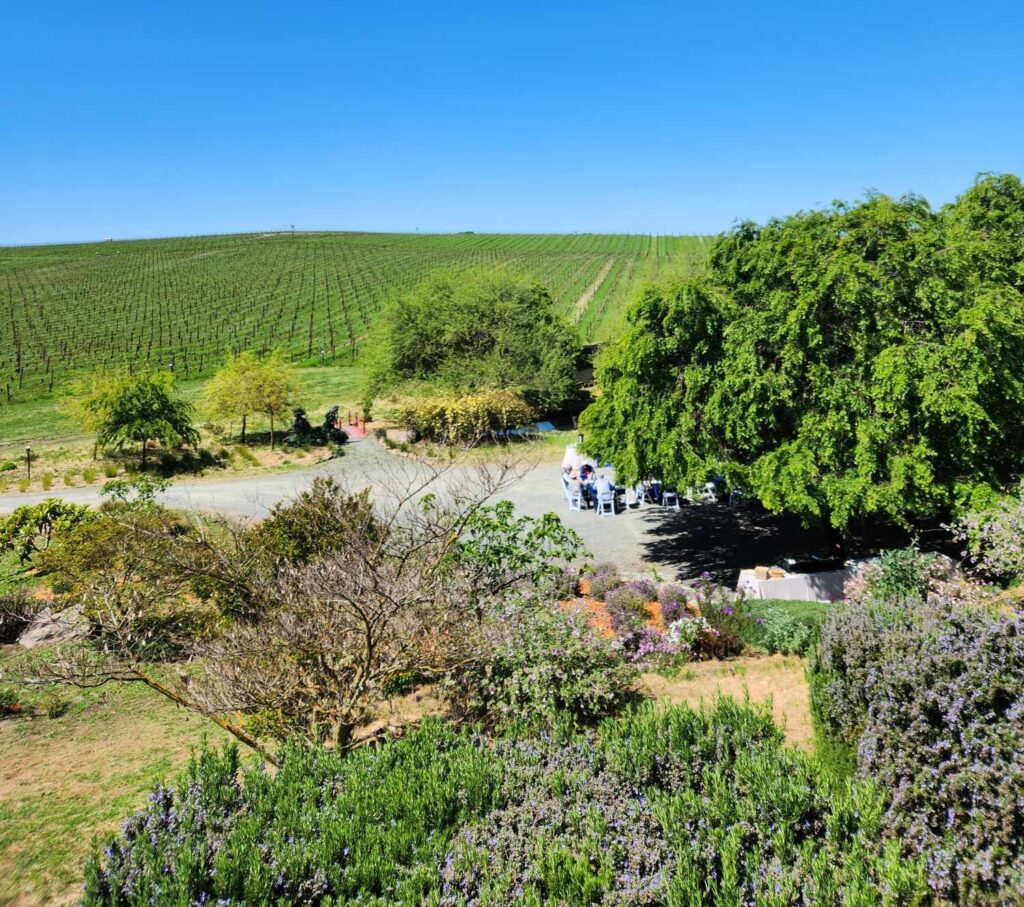
Regenerative farming goes beyond simply “organic” by focusing on rebuilding soil health. This approach utilizes techniques like:
- Cover cropping is planting additional crops between harvest seasons to suppress weeds, improve soil fertility, and prevent erosion.
- Composting: Returning organic matter to the soil enriches its nutrient content and supports microbial life.
- Reduced tillage: Minimizing disturbance to the soil, promoting healthy microbial communities and water retention.
- Rotational grazing: Managing livestock movement to prevent overgrazing and promote pasture rejuvenation.
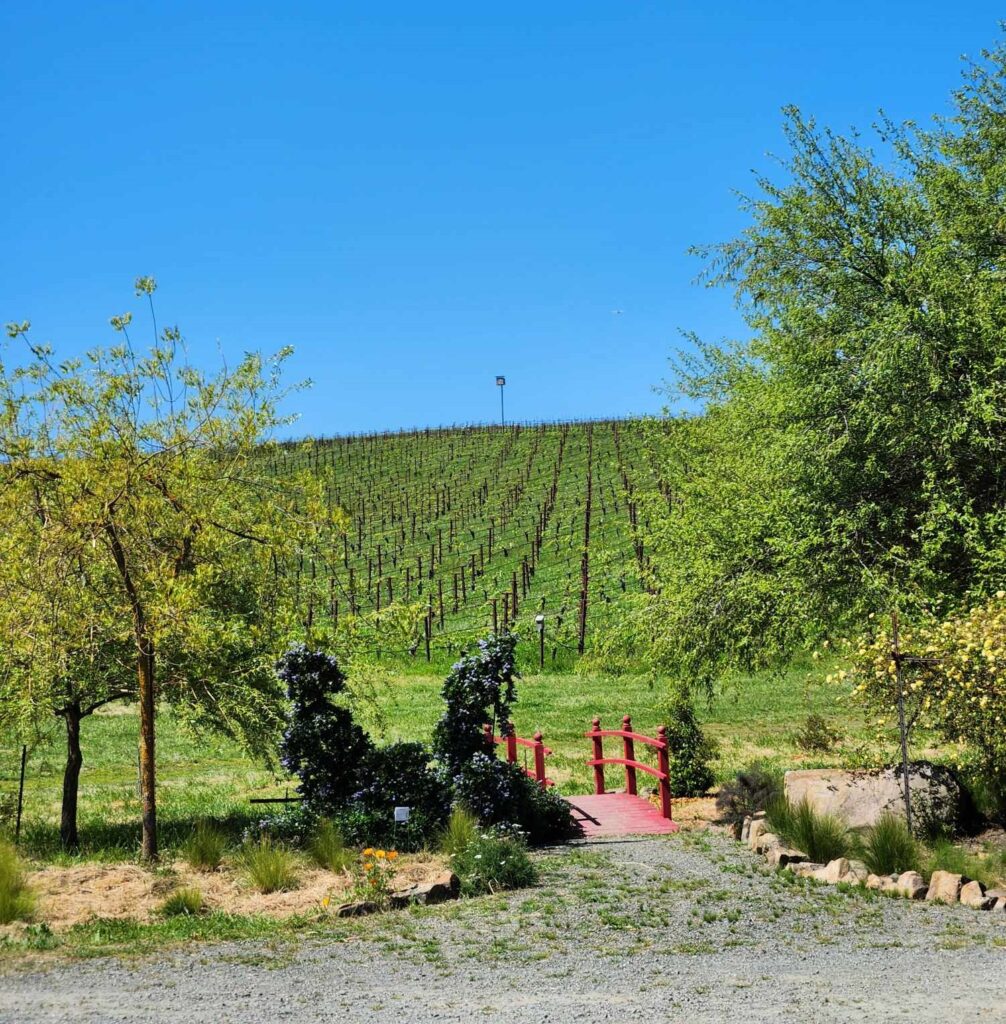
These practices create a healthier ecosystem, which in turn fosters healthier crops. This translates to numerous benefits for the beverage industry:
- Enhanced Flavor Profiles: Healthier soils can produce plants with deeper, more decadent flavors, leading to more complex and nuanced beverages.
- Increased Resilience: Regeneratively farmed crops are typically more resistant to pests and diseases, reducing the need for chemical inputs.
- Improved Sustainability: These practices promote carbon sequestration in the soil, mitigating climate change and contributing to a more sustainable future.
From Farm to Bottle:
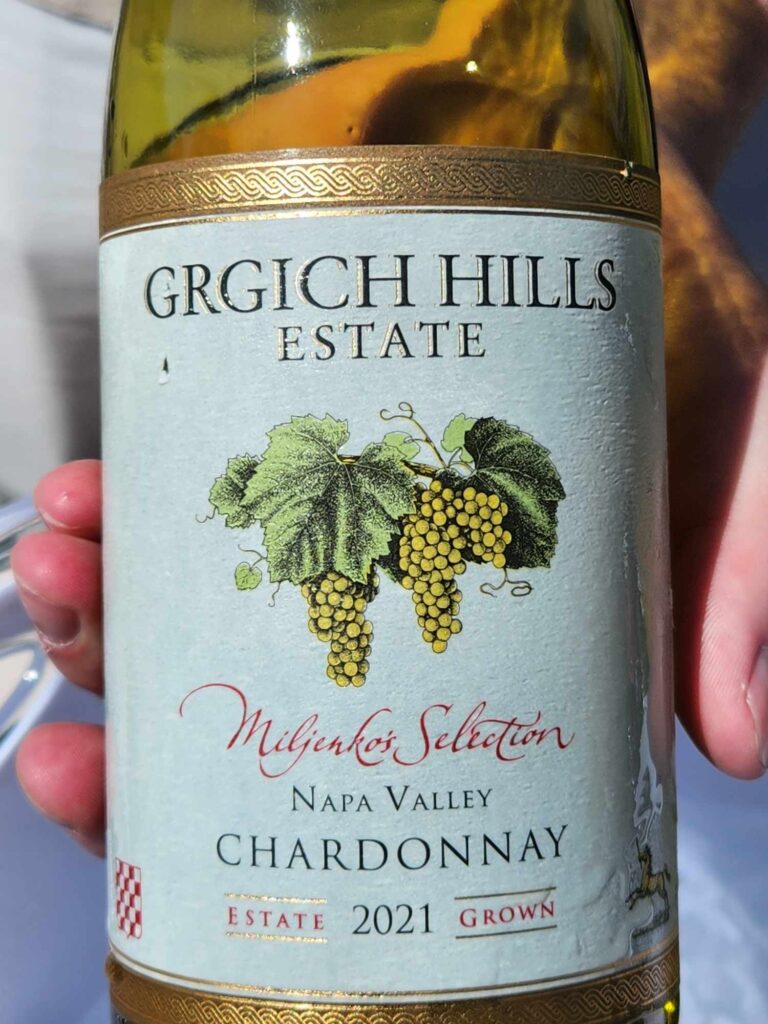
Several beverage brands are embracing regenerative farming practices, and we sat down with one of them to celebrate Earth Day. Spending the day walking in the American Canyon vineyards by Grgich Hills and learning about their regenerative practices was transformative. Justin spent the day with Luke Jeramaz, an expert in regenerative vineyards programs.
A few guinea fowl run around hanging out with the ducks, and western bluebirds roam the grounds of this stunning vineyard perched minutes from mainland Napa. Insectivorous birds help manage bugs and create a self-sustaining diverse ecosystem. “We are always looking for new ideas to keep the ecosystem strong, including year-round food sources for native pollinators and focus on plant diversity,” Luke tells BevFluence.
Grgich Hills achieved Regenerative status and received its certification in March 2023, and it is still trying new things to improve.
Certification Landscape:
Several certifications acknowledge and verify the use of regenerative farming practices. These include:
- USDA Certified Organic: While not strictly regenerative, organic farming avoids synthetic pesticides and fertilizers, laying a foundation for further regenerative practices.
- Demeter Biodynamic: This certification focuses on a holistic approach to agriculture, emphasizing soil health and biodiversity.
- Regenerative Organic Certified (ROC): This emerging standard verifies adherence to principles focused on soil health, animal welfare, and social fairness.
Consumers increasingly seek beverages produced with these certifications, indicating a growing demand for products that align with their values for environmental responsibility and ethical sourcing.
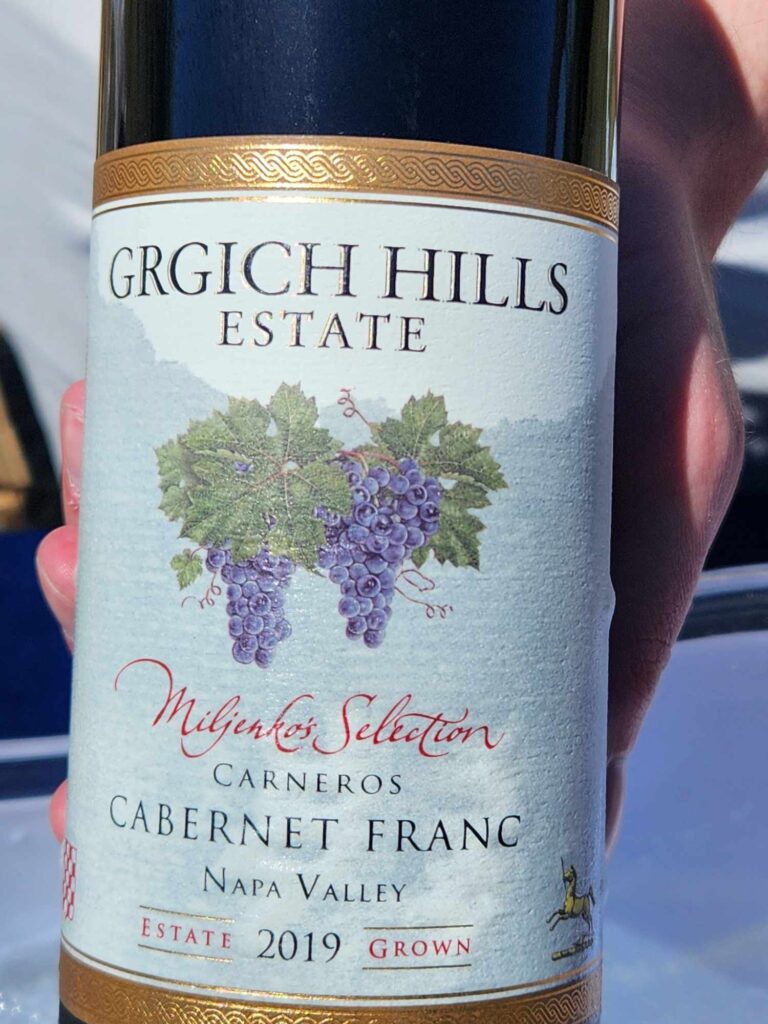
By embracing regenerative farming, beverage producers are:
- Building long-term relationships with growers: Investing in soil health benefits farmers and brands by ensuring a sustainable supply of high-quality ingredients.
- Differentiating themselves in the market: Consumers are increasingly drawn to brands prioritizing environmental and social responsibility.
- Investing in the future: Regenerative farming practices contribute to a healthier planet and a more sustainable future for the beverage industry.
The Future is Regenerative:
Regenerative farming is not just a trend; it’s a necessary shift towards a more sustainable and responsible agricultural system. The beverage industry has a significant role in promoting these practices and educating consumers about the benefits of regenerative products. As consumer awareness grows, we can expect even more beverage brands to embrace regenerative farming, ensuring a healthier future for the planet and the enjoyment of our favorite drinks.
The regenerative farming system will play a heavy role as Agri-tourism becomes more prevalent in critical regions around the beverage space.
Cheers

